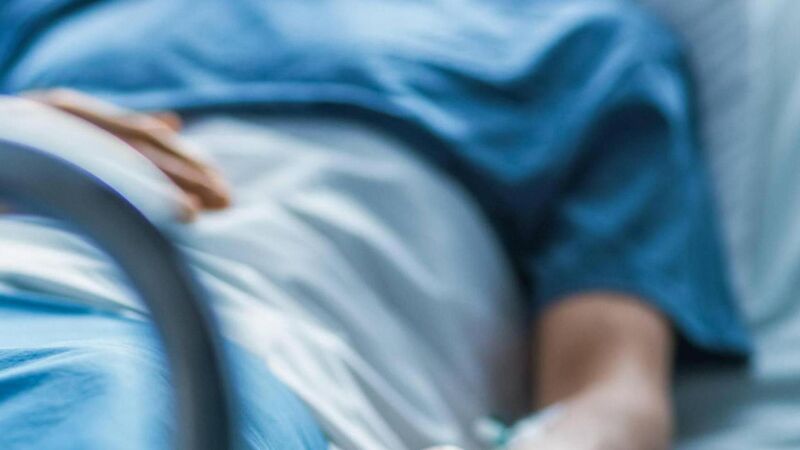People getting cosmetic surgery abroad require further operations in Ireland

Along with tummy tucks and breast augmentation, the surgical procedures carried out on the patients outside Ireland included Brazilian butt lifts, breast lifts, breast reductions, face lifts, neck lifts, liposuction, and hair transplants. File picture
Cosmetic tourists undergoing plastic surgery abroad are requiring hospital stays and even further operations back in Ireland to treat wound infections, according to a new study.
In the largest study of its type, doctors from Connolly Hospital in Blanchardstown, Dublin, examined the records of 30 patients admitted with complications following aesthetic procedures performed between September 2021 and December 2022.













